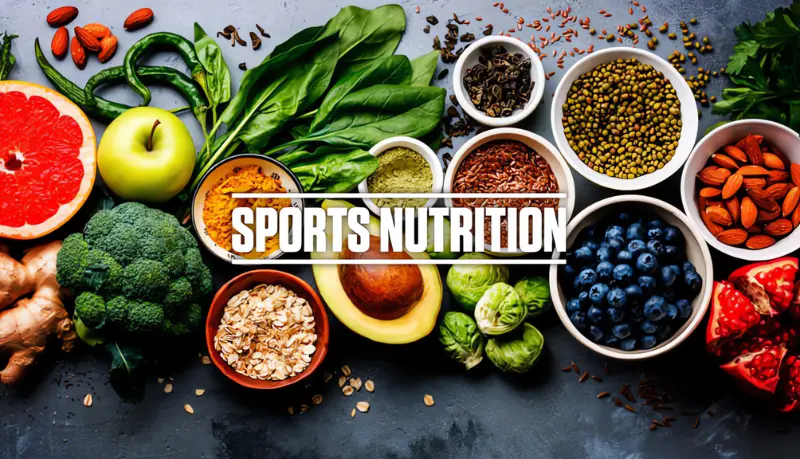
Athletes need a well-balanced diet to perform at their best, recover quickly, and prevent injuries. Whether you’re a professional athlete or a fitness enthusiast, understanding sports nutrition can significantly impact your performance. This guide covers essential diet plans, macronutrient balance, hydration, and meal timing to help you achieve your fitness goals.
1. Understanding Macronutrients for Athletes
Macronutrients play a crucial role in energy production and muscle recovery. Here’s what you need to focus on:
- Carbohydrates: The primary energy source for athletes. Whole grains, fruits, and vegetables provide sustained energy.
- Proteins: Essential for muscle repair and growth. Good sources include lean meats, fish, eggs, dairy, and plant-based proteins like lentils and quinoa.
- Fats: Healthy fats support hormone production and endurance. Avocados, nuts, seeds, and olive oil are excellent choices.
Example Meal for Athletes
- Breakfast: Oatmeal with banana and almond butter
- Lunch: Grilled chicken, quinoa, and steamed vegetables
- Dinner: Baked salmon with sweet potatoes and spinach
2. Hydration & Electrolyte Balance
Proper hydration is just as important as food intake. Dehydration can lead to fatigue, muscle cramps, and decreased performance.
Key Tips
- Drink at least 2-3 liters of water daily, depending on your activity level.
- Electrolytes (sodium, potassium, and magnesium) should be replenished through sports drinks, coconut water, or foods like bananas and nuts.
- Hydrate before, during, and after workouts for optimal performance.
3. Pre-Workout & Post-Workout Nutrition
Pre-Workout Meal: Provides energy and prevents muscle breakdown.
- Best Time: 1-2 hours before exercise
- Examples: Whole wheat toast with peanut butter, Greek yogurt with fruit, or a protein smoothie
Post-Workout Meal: Aids in muscle recovery and glycogen replenishment.
- Best Time: Within 30-60 minutes after exercise
- Examples: Grilled chicken with brown rice, scrambled eggs with avocado toast, or a whey protein shake
4. Diet Plans for Different Types of Athletes
Endurance Athletes (Runners, Cyclists, Swimmers)
- High-carb diet with lean proteins and healthy fats
- Example: Whole wheat pasta with lean turkey and vegetables
Strength Athletes (Weightlifters, Bodybuilders)
- High-protein intake with moderate carbs and healthy fats
- Example: Grilled salmon with quinoa and steamed broccoli
Team Sport Athletes (Football, Basketball, Soccer Players)
- Balanced carbs, proteins, and hydration focus
- Example: Chicken stir-fry with brown rice
5. Common Nutrition Mistakes to Avoid
- Skipping meals: Leads to energy crashes and poor performance.
- Relying on processed foods: Can cause inflammation and slow recovery.
- Not eating enough protein: Delays muscle recovery and growth.
- Ignoring hydration: Even mild dehydration affects performance.
Conclusion
Sports nutrition is the foundation of peak performance. By balancing macronutrients, staying hydrated, and eating at the right times, athletes can maximize their energy levels and recovery. Follow a structured meal plan and avoid common nutrition mistakes to perform at your best.
